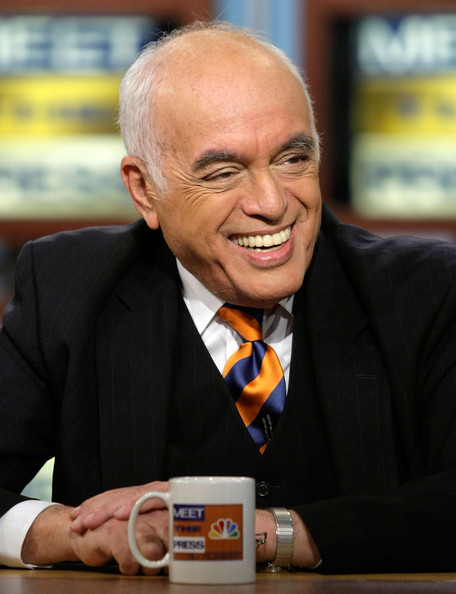Richard Nixon once called him “the enemy”; he was my favorite columnist and TV talking head.
Robert D. Novak passed away in August. I’ll miss him. Not only was he a tremendous advocate for term limits, he was a great guy.
While Novak was certainly a conservative, he wasn’t in the tank for anyone. A columnist from 1963 to 1993 with writing partner Rowland Evans, and then until last year writing alone — as well as in 25 years on CNN — Novak broke a lot of stories, and made more than a few politicians angry.
No wonder. Never a fan of politicians, Novak wrote in his autobiography that his initial negative “impression of the political class did not change appreciably in a half-century of sustained contact.”
Early in his career, Novak was tagged as the “Prince of Darkness” for his bearish attitude on politics. The name stuck.
But Novak was really a prince of open-mindedness, or that’s how it seems to me. Born Jewish, he spent most of his adult life as a Protestant, and then converted to Catholicism in his late sixties. Few of us remain open to profound change so late in life.
And in other ways he was simply a regular guy. Whenever I see a Corvette, the car he loved so much, I’ll think of Bob Novak.
And whenever I see a politicians pinned by a pundit, then too, I’ll remember Bob.
This is Common Sense. I’m Paul Jacob.


